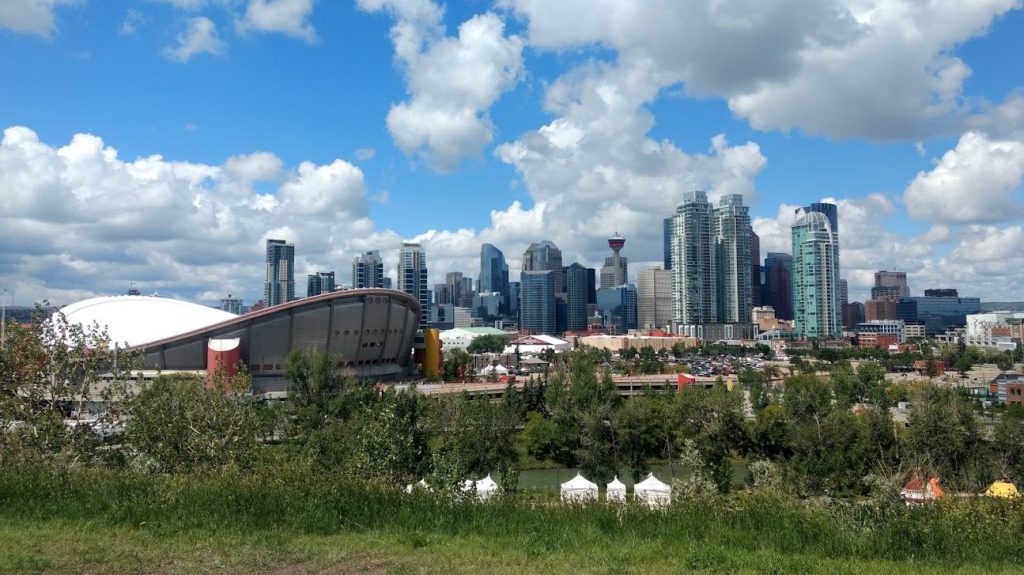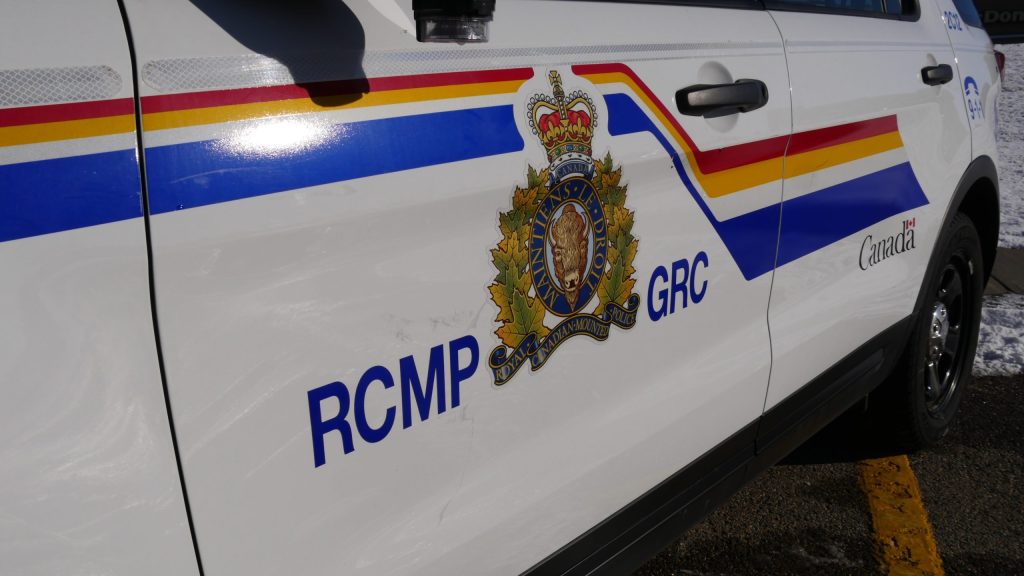Not mandatory: Alberta launches COVID-19 mobile contact-tracing app
Posted May 1, 2020 3:52 pm.
Last Updated May 1, 2020 4:00 pm.
EDMONTON — Alberta is launching a voluntary mobile app to expand contact tracing for COVID-19 to help reduce the spread of the novel coronavirus.
It’s believed to be the first of its kind in North America and is based on similar apps in Singapore, South Korea and Australia.
The app, once downloaded, uses Bluetooth to identify any other nearby phones that have the same app.
Anyone with the app who later contracts COVID-19 will be asked to upload the data to Alberta Health Services, which will use it to reach out to those who came in contact with the person.
The government says no identifiable information is exchanged between users.
It says any data that is collected is encrypted on the phone, and mobile numbers are never revealed to other app users.
Officials say they are working closely with the information and privacy commissioner and that no geo-location data will be collected.
The plan is not mandatory; users can opt in or out.
The data collected is meant to augment manual contact tracing that is already being done when someone has COVID-19.
Increased testing and contact tracing are considered necessary to prevent a second wave of COVID-19.
Alberta says it has been among the global leaders in per capita testing. Some 141,060 people had been checked as of Thursday.
Premier Jason Kenney has announced that while case counts continue to grow, Alberta is flattening the curve on infections and can begin to gradually reopen.
Golf courses are to open Saturday and other health services such as dentists, dieticians and physiotherapists are to resume on Monday.
If case counts and hospitalizations remain stable, a more widespread reopening is set for May 14.
At that time, retailers, museums and art galleries, daycares, hairstylists and barber shops are to be allowed to open, but public gatherings will still be restricted to no more than 15 people.
Arenas, gyms, pools, movie theatres and nightclubs are to open down the road, depending on case counts and hospitalizations.
Kenney said school classes probably won’t resume for the rest of this academic year.
He said projections for hospitalization are coming in lower than expected, mainly because Albertans have been following hygiene and social-distancing rules
He estimates that five per cent of acute care beds set aside for COVID patients are being used.
The relaunch is expected to be slower in places with large concentrations of cases. Alberta has been dealing with outbreaks at several long-term care homes, at two meat-packing plants and at the Kearl oilsands work camp near Fort McMurray.
This report by The Canadian Press was first published May 1, 2020
The Canadian Press










